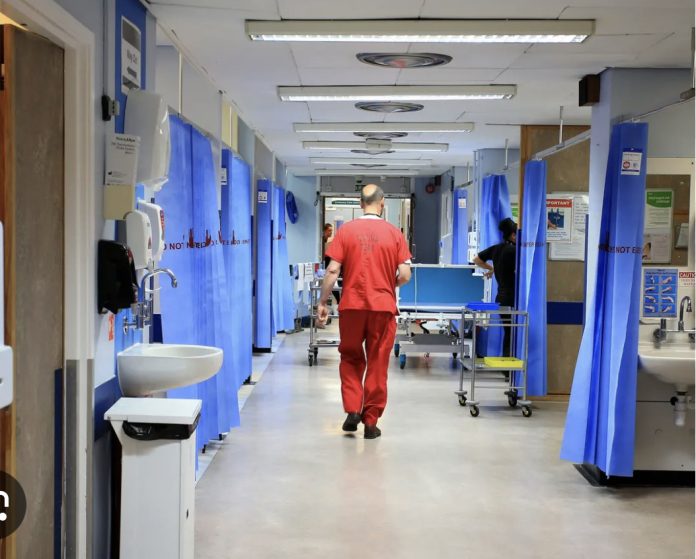People living in poverty find it harder to live healthy lives, harder to access NHS services, live with greater illness and die earlier than the rest of the population.
Research by the Think Tank the King’s Fund reveals this morning that Poverty and the effect it has on health and on the NHS is not new, though the recent rise in deep poverty, cost-of-living increases and high pressure on NHS services are all worsening the problem (6 in 10 of people in the most deprived areas report that the cost-of-living squeeze is impacting their health) and adding to the financial cost to the NHS.
NHS staff are also impacted by poverty in different ways. They can experience poverty directly themselves, as well as treating patients who are experiencing the effects of poverty.
Poverty makes it harder for people to access services (nearly one in five low-income adults report skipping essential dental care due to the cost), and services do not always reach those in poverty.
This lack of access means people living in poverty are getting sicker and accessing services later – accident and emergency (A&E) attendances are nearly twice as high in the most deprived groups, and emergency admissions 68% higher.
Greater illness and less access to care contribute to worse health outcomes – the mortality rate in the lowest Index of Multiple Deprivation (IMD) decile is almost double that of the highest.
The report argues that wider government and societal action is needed to address the root causes







